A lot of education professionals believe that African American history is a crucial subject. It allows children to better understand their culture and how society as a whole has changed. Until fairly recently this subject was neglected. That has begun to change thanks to initiatives such as black history month.

In many areas school staffing is a major issue. As a result there are some education establishments that struggle to provide basic curriculums. If this trend continues then African American history is in danger of being sidelined once again. There are also issues related to the psychological wellbeing of teachers which need to be addressed.
Staying Confident
When talking to a class full of children the teacher needs to have a very high level of self confidence. It is vital that they can command the attention of the entire room. Occasionally there will be disruptive pupils to deal with. This can sometimes throw the teach off. Confidence issues tend to be linked to their life outside of work.
For example, the African American history educator might be uncomfortable with their natural body shape. If this affects their school performance then they need to fix the problem. This may involve attaining a teardrop implant from the company Motiva. On the surface augmentation can seem like an extreme response. However, the results speak for themselves. Many women feel renewed after undergoing this type of operation.
Augmentation can allow African American history teachers to stave off their confidence issues. As a result they will instead focus on providing key information to their students. If women are interested in Motiva procedures they can undergo them during the summer break period.
African American History


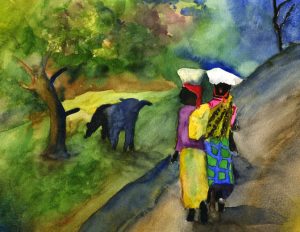

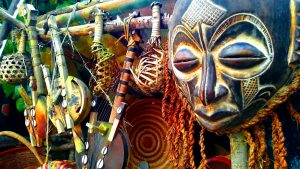
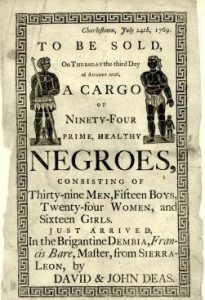
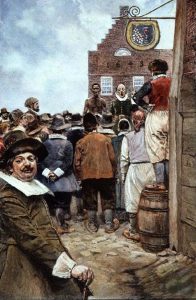 re being attempted to free slaves and abolish slavery it was still very much in existence. In 1857 it was determined that Congress held no authority when it came to putting bans in place regarding slavery as slaves were not considered to be citizens.
re being attempted to free slaves and abolish slavery it was still very much in existence. In 1857 it was determined that Congress held no authority when it came to putting bans in place regarding slavery as slaves were not considered to be citizens.


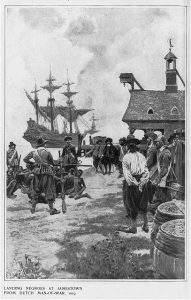
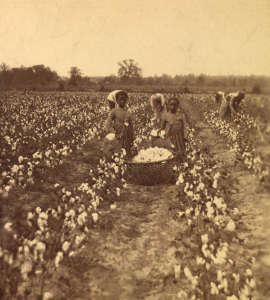 ir killings of white people as they moved through the farm land. It is estimated that they racked up a death toll of 60 whites. While this may seem small in comparison to the what was taking place among the blacks it was enough to strike fear in the hearts of their captors.
ir killings of white people as they moved through the farm land. It is estimated that they racked up a death toll of 60 whites. While this may seem small in comparison to the what was taking place among the blacks it was enough to strike fear in the hearts of their captors.
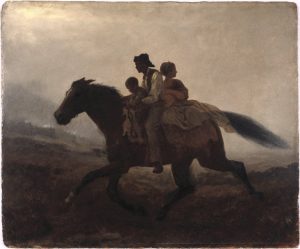 Americans escape to places where they would be safe like Canada and some of the states that had abolished slavery. This network was dubbed the
Americans escape to places where they would be safe like Canada and some of the states that had abolished slavery. This network was dubbed the 


 for it if it is available to them and they can freely access it.
for it if it is available to them and they can freely access it.